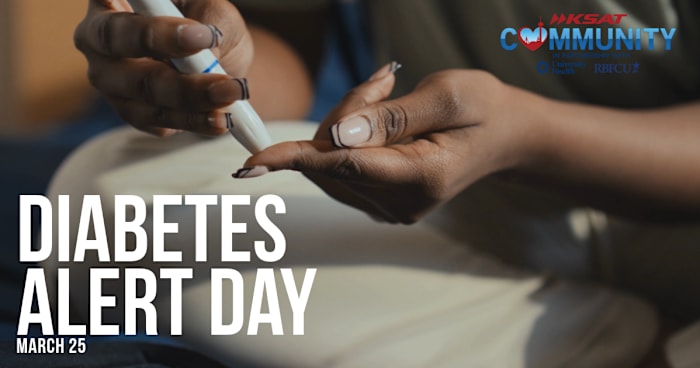Springing Forward, Falling Back: The Hidden Health Risks of Daylight Saving Time

The Surprising Health Risks of Daylight Saving Time Shifts
When the clocks spring forward or fall back, most people focus on the lost or gained hour. However, sleep experts are sounding the alarm about the deeper health implications of these seasonal time changes.
Disrupting our natural sleep cycles can trigger a cascade of unexpected health challenges. The seemingly minor adjustment of one hour can significantly impact our body's internal rhythm, leading to more than just temporary grogginess. Research suggests that these time shifts can affect everything from cognitive performance to cardiovascular health.
Physicians warn that the days following time changes can increase risks of workplace accidents, traffic incidents, and even heart-related complications. The sudden shift throws off our circadian rhythm, making us more vulnerable to stress, fatigue, and decreased mental sharpness.
For those seeking to minimize the impact, experts recommend gradually adjusting sleep schedules, maintaining consistent sleep routines, and prioritizing good sleep hygiene in the days surrounding time changes. By understanding and preparing for these transitions, individuals can better protect their overall well-being.








